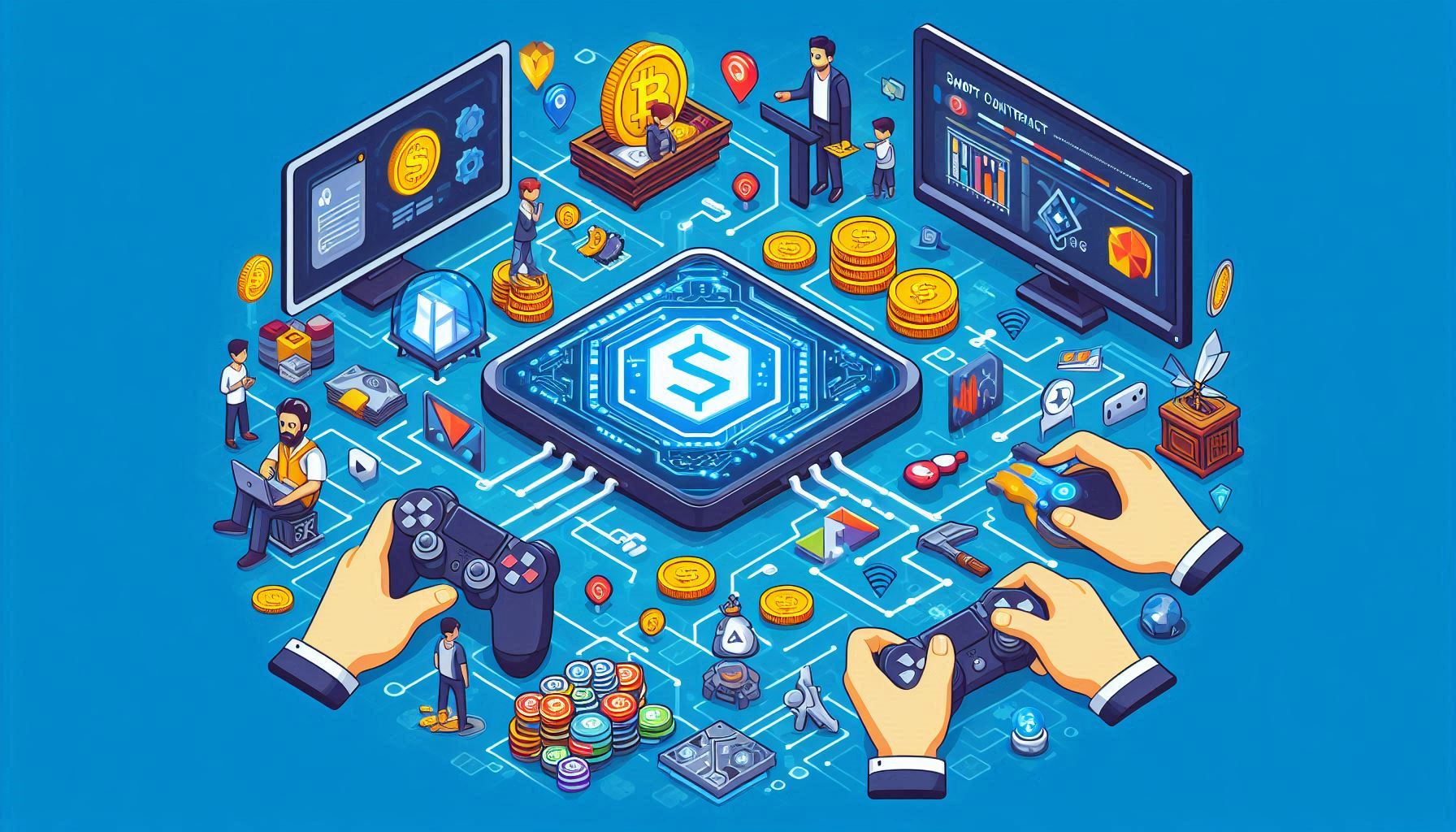What is a Smart Contract
A smart contract is a self-executing program stored on a blockchain that automatically carries out the terms of an agreement when predetermined conditions are met. Unlike traditional contracts, smart contracts use computer code to define, verify, and enforce the rules, eliminating the need for intermediaries or third parties to oversee the process.
How Do Smart Contracts Work?
Smart contracts operate on the principle of “if/when…then…” logic:
-
The contract’s code outlines specific conditions that must be fulfilled.
-
When those conditions are met (for example, receipt of payment or transfer of an asset), the smart contract automatically triggers and completes the corresponding actions.
-
All transactions and outcomes are then recorded on the blockchain — making them transparent, immutable, and tamper-resistant.
For example, a smart contract can be programmed to automatically release payment when a shipped item is confirmed as delivered, without relying on any third-party verification.

Smart contract mining and blockchain
Key Features of Smart Contracts
-
Automation: Once deployed, they execute automatically when conditions are satisfied.
-
Immutability: After being saved to the blockchain, the contract cannot be altered or tampered with.
-
Transparency: The contract code and transaction history are visible to all blockchain participants (in public chains).
-
Trustlessness: No trusted intermediary is needed; the blockchain guarantees execution.
-
Deterministic Behavior: The result is always the same when the same input conditions are provided.
-
Security: The use of cryptography and decentralized validation makes manipulation extremely difficult.
-
Cost and Time Efficiency: No manual processing, less paperwork, and faster transaction settlement.
Types and Platforms for Smart Contract
Smart contracts first gained popularity with the Ethereum blockchain, which introduced the ability to code complex decentralized agreements in languages like Solidity. Today, smart contracts are supported on multiple platforms—Ethereum, Solana, Cardano, Tezos, Avalanche, and more—each with its own features and programming languages.
Common Use Cases of Smart Contract
-
Cryptocurrency payments: Enable automatic distribution of funds.
-
Decentralized finance (DeFi): Power lending, exchanges, insurance, and more by automating transactions without banks.
-
NFTs and gaming: Handle ownership transfer, royalties distribution, and in-game economies.
-
Supply chain management: Track and automate shipments, payments, and quality checks.
-
Voting and governance: Facilitate transparent, automated elections and decision-making in decentralized organizations.

Smart contract mining and blockchain
Limitations and Considerations
-
Code is Law: Errors or bugs in contract code can have severe consequences, and contracts execute exactly as programmed—no more, no less.
-
Immutability: Contracts cannot be modified after deployment, requiring careful testing beforehand.
-
External data (“oracles”): To interact with real-world information, smart contracts rely on trusted data feeds called oracles, which can introduce vulnerabilities.
-
Legal status: Not all jurisdictions recognize smart contracts as legally binding in the traditional sense.
Example: The Vending Machine Analogy
A classic analogy for a smart contract is a vending machine:
-
If you insert the right amount of money and select an item, the machine automatically checks the condition and delivers the item—no cashier required.
-
In the same way, a smart contract executes actions directly based on programmed rules, automatically and reliably.

